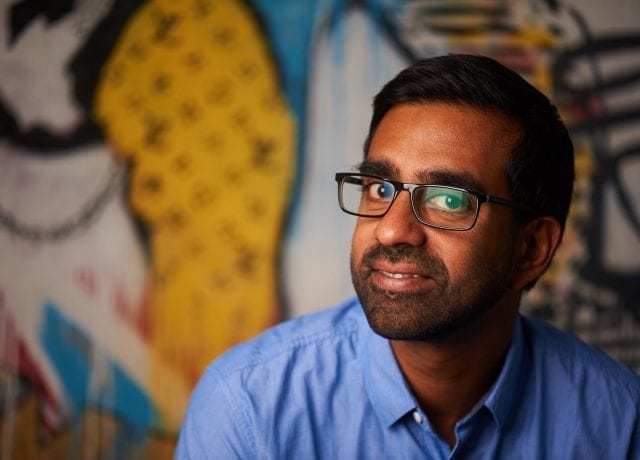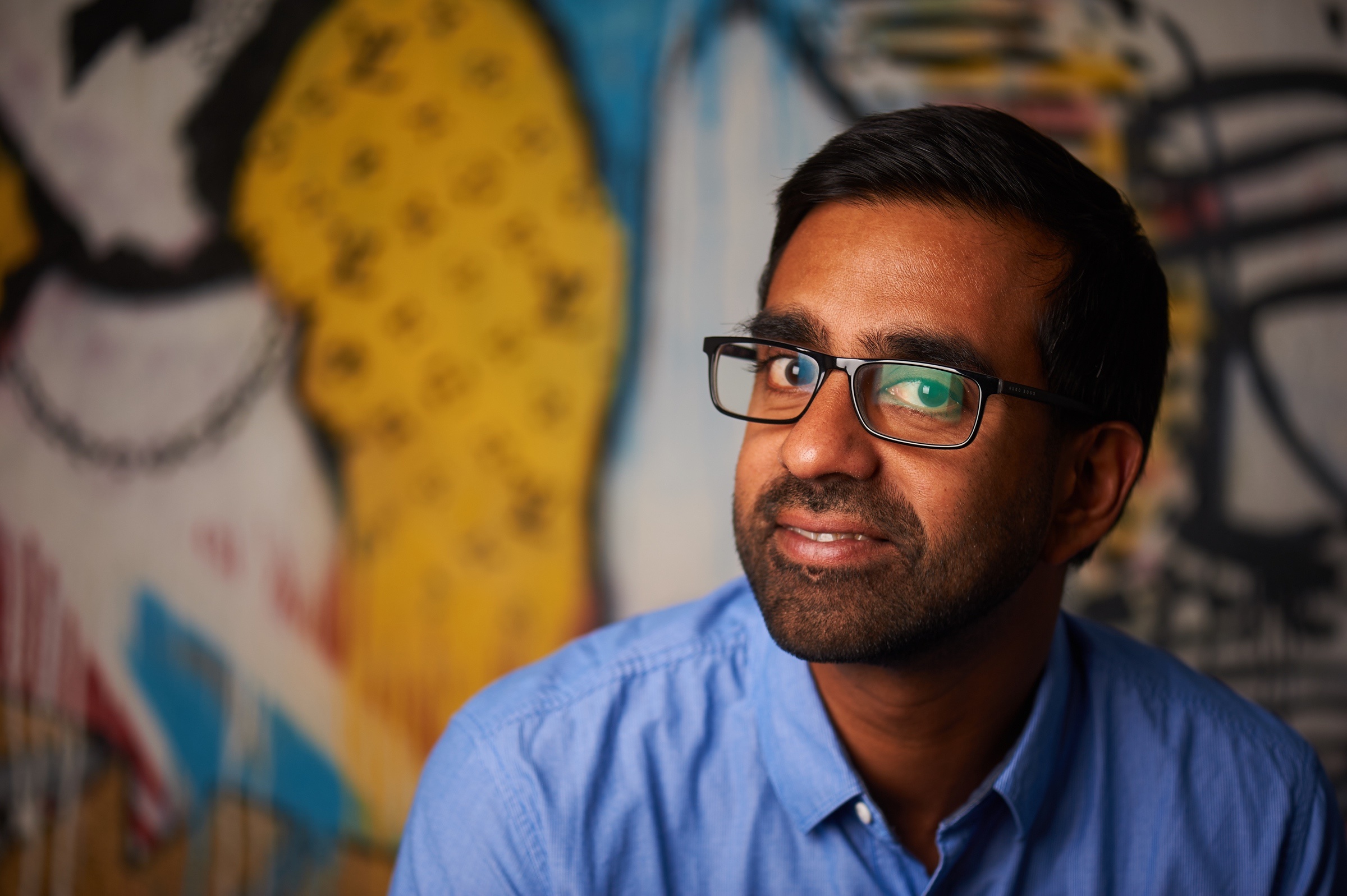Forbes – The biggest threat to business confidence, growth and prosperity is economic uncertainty; at least that’s what the business media headlines would have us believe. They have described business confidence as fragile, and further weakened by a lack of resilience, the result of numerous issues, including Brexit, a slowing of Chinese growth, and the Trump factor. Without confidence born out of certainty, businesses cannot plan. Really? That wasn’t the impression I was given by a number of entrepreneurs who see uncertainty as anything but a bad thing. In an uncertain business world, one thing is certain; entrepreneurs will find a way to turn that uncertainty to their own advantage.
Take Duane Jackson, for example. The founder of KashFlow, which he sold in 2013 in a multi-million pound deal to IRIS, recently launched online business reporting service Supdate. His approach to uncertainty is to ignore it until there is certainty.
“I’ll give you a good example,” he says. “During the 2012 London Olympics, our offices were near London Bridge station, an area that the government had advised would be very difficult to travel through for the duration of the Olympic games. My management team wanted to make plans in case our employees were unable to make it in to the office and we had to all work from home for a while. I decided we shouldn’t waste any time making plans for something that might not happen.
“It turned out that nearly every other company in the area had asked staff to work from home, and the area was not busy at all. For two weeks, our staff had an easy, quiet commute into the office, but most importantly we hadn’t wasted valuable management time planning for something that didn’t happen.”
For Gi Fernando MBE, founder of digital skills organisation Freeformers, businesses can ride out uncertainty if they invest in their people. “Things are more uncertain now than during other periods, but it is during these times that businesses need to focus on their employees, flexible workers and suppliers,” he says. “This will ensure they can cope with the constant and increasing change in 2017 and beyond. Continually challenging improving and developing the mindset, skills and behaviours of your people will enable them to tackle uncertainty while remaining focused on your company’s core purpose.”
However, while entrepreneurs may appear to be unfazed collectively by the uncertainty surrounding major upheavals, they are anything but lackadaisical about sudden shifts in market conditions. Instead, they recognise that a demand for new services will emerge from the ashes of upheaval.
Todd Krizelman, CEO and co-founder of advertising intelligence company MediaRadar, says: “Major upheavals may be unnerving, but they almost always open up a space for new entrants. Be agile and move in quickly; being early to market can be a major advantage.”
Krizelman advocates identifying the things that you can control and the things that you can’t. “In other words, know what to stress about,” he says. “I worry much more about the elements that I have some influence over.”
His final piece of advice on dealing with uncertainty is to leave markets that are no longer attractive. He adds: “Entrepreneurs tend to be tenacious, never-let-go, problem solvers, but there are times when no amount of hard work will suffice, so pull back and see the forest.”
There may be no magic bullet for tackling uncertainty, but Georg Ludviksson CEO of Meniga, an Icelandic startup that makes personal finance apps, does have a four-pronged strategy that has always proved effective.
2016 saw the international spotlight turned on Britain, in part, for positive reasons, such as its record Olympic and Paralympic medal haul, but also for negative ones, with Brexit leading the way. Dobell Menswear is already focusing on the positives and mitigating the risks of the negatives.
Director Mike Dobell says: “As a formalwear business, we are using the positive coverage of Britain in a positive way, making people look good, feel good, and able to go out and enjoy themselves, away from Brexit, and Trump, and everything else 2016 had to offer, and the financial worries of what may come in 2017.”
Half of their business comes from outside the UK, and in the event that Article 50 puts a stop to free trade, they have contingencies in the way of startup fulfilment centres in their main EU markets, such as Germany and Spain, as well as international markets that include USA and Australia. Dobell adds: “We are also using this next year as kick-up-the-butt to expand our demographic target base, and all of our acquisition channels, such as social media and PR, which are really still in their infancy, therefore minimising risk.”
The media may insist that business confidence and growth strategies are floundering, but media entrepreneurs like David Andrews, founder and managing director of David Andrews Media, are having none of it. He believes that as 2017 unfolds, many entrepreneurs will be taking a deep breath and pushing ahead with their expansion plans, which were probably already in place before the spectre of a Trump-led White House and the UK’s Brexit scenario hit home.
“We live in an uncertain universe,” he says. “We always have. Uncertainty didn’t stop Henry Ford raising investment for the Model T production line, or Bill Gates from forging ahead with his Microsoft dreams. The 9/11 and 2008 disaster scenarios were setbacks for business and the economy, but it is in times of adversity that entrepreneurs thrive. Sure, 2017 will be challenging, but the world doesn’t stop. People have to eat, drive, take leisure breaks, and one thing that is certain is that entrepreneurs will be there to help make it happen.”
To see the full story: click here





